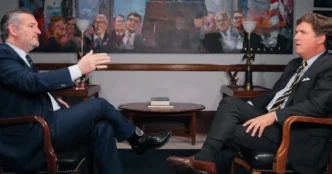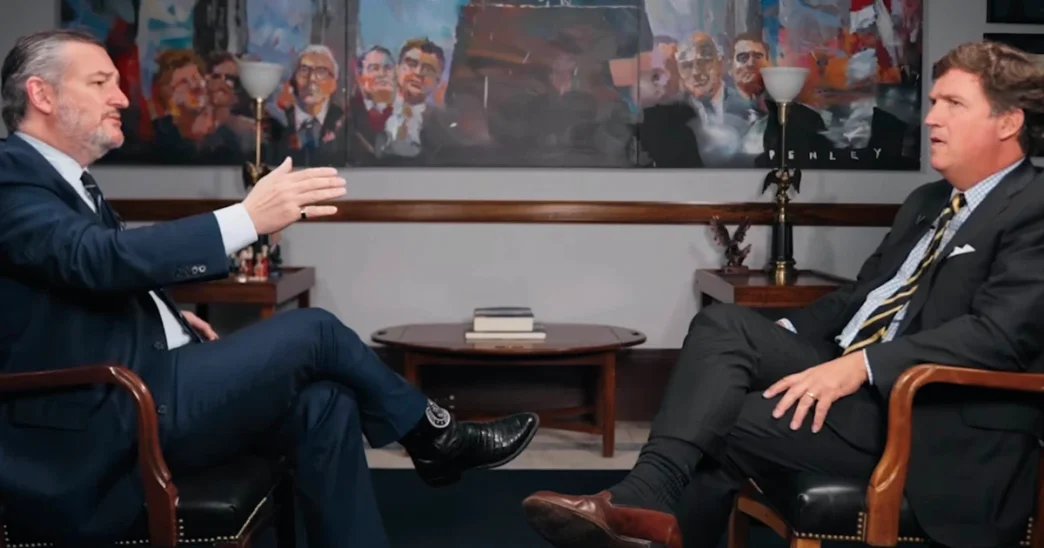Washington, D.C. – An intense debate over U.S. involvement in the Israel-Iran conflict emerged during a recent interview between broadcaster Tucker Carlson and Senator Ted Cruz. The contentious exchange underscores a growing divide among supporters of President Donald Trump concerning the potential for military action against Iran.
The interview, which lasted two hours and was released on social media platform X, featured Carlson challenging Cruz on his support for Israeli strikes against Iranian targets. Carlson, known for his skepticism of military interventions, questioned the rationale for engaging in conflict with Iran. He criticized Cruz, a Republican senator from Texas, for suggesting a desire to see the Iranian regime toppled, at one point confronting him with, "You don't know anything about Iran."
During the discussion, Carlson queried Cruz about Iran's population, to which Cruz admitted he was unsure. This prompted Carlson to press further, asking for details about Iran's demographics. Cruz acknowledged the predominant Shia Muslim population but expressed frustration at the line of questioning, indicating he was not an expert on Iranian specifics.
The debate took a sharper turn when Carlson challenged Cruz on Iran's alleged assassination plots against President Trump. Last year, federal prosecutors charged an Iranian operative with plotting to kill the President, a fact Cruz cited to highlight Iran's threat level. Carlson questioned why Cruz did not advocate for immediate military action if such threats were credible, sparking further disagreement.
The exchange reflects deeper tensions within President Trump's circle regarding U.S. policy toward Iran. The President has historically criticized foreign interventions but has also supported exerting pressure on Iran. Some of his advisers remain divided on whether to conduct strikes on Iran's nuclear facilities, a subject of ongoing discussion within the administration.
Prominent Republicans like Senator Lindsey Graham have expressed a preference for diplomatic solutions to prevent Iran from acquiring nuclear weapons. However, Graham also indicated support for military action should diplomacy fail, advising President Trump to ensure any operation leaves Iran's nuclear capabilities dismantled.
In contrast, former Trump strategist Steve Bannon has advocated against involvement in Iran, warning it could undermine domestic priorities and disrupt the coalition of Trump's supporters. Despite these concerns, Bannon noted that the 'MAGA' movement trusts President Trump's judgment on such critical decisions.
As internal debates continue, a group of congressional Republicans has proposed a resolution to restrict President Trump from taking military action against Iran without congressional approval. The President has downplayed any rift within his base, emphasizing his strong support. Nonetheless, the situation remains fluid, with the potential for significant geopolitical repercussions depending on upcoming decisions by the Trump administration.














